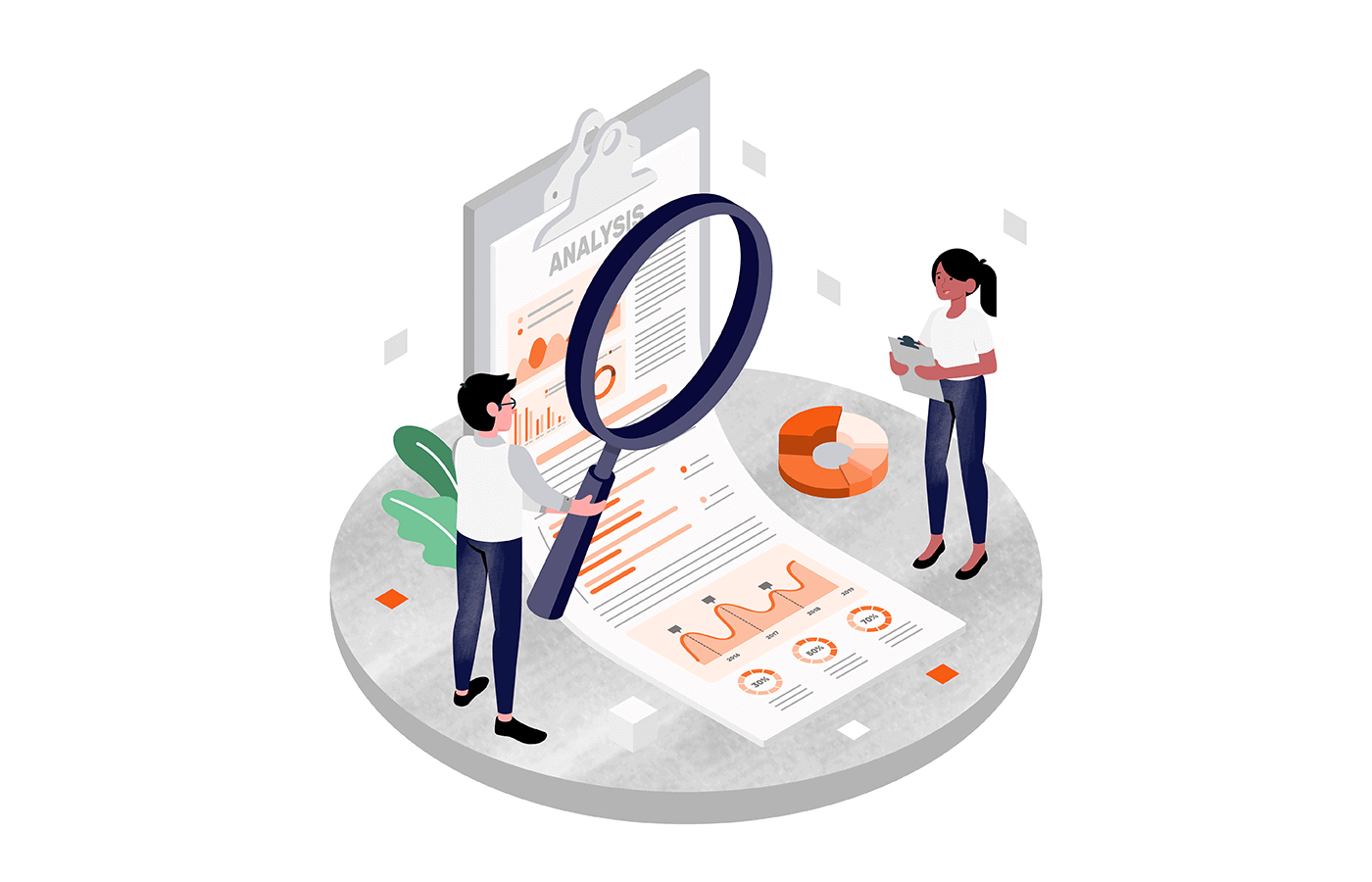Take Full Advantage Of Growth: Just How Analytics Drive Better Techniques
By using information understandings, businesses can fine-tune their functional strategies, prepare for market changes, and improve consumer involvement. The challenge lies not only in accumulating information yet in efficiently analyzing it to drive tangible outcomes.
Comprehending Data Analytics
Information analytics is a methodical computational evaluation of information that makes it possible for organizations to uncover meaningful patterns and insights. This process includes a range of methods, including statistical analysis, predictive modeling, and data mining, which collectively intend to transform raw data into actionable details - Analytics. By using these methodologies, organizations can make informed choices that are rooted in empirical proof as opposed to instinct alone
The foundation of data analytics lies in its capability to deal with substantial quantities of details from varied resources. This includes structured information, such as data sources, and disorganized information, including social networks interactions and customer responses. Via the use of specialized software application and tools, analysts can remove and refine this data efficiently, identifying fads and connections that may not be immediately apparent.
Recognizing information analytics likewise involves recognizing the significance of data top quality and honesty. Precise and reliable data is critical for purposeful analysis; thus, companies should implement durable information administration methods. The iterative nature of analytics enables for continuous improvement and improvement of methods, ensuring that organizations continue to be nimble in the face of transforming market dynamics and customer behavior.
Secret Advantages of Analytics

One of the crucial advantages of analytics is its capacity to supply actionable insights. Organizations can rapidly examine huge quantities of information, uncovering patterns that may not be right away evident. This assists in anticipating market shifts and adapting strategies accordingly. Additionally, analytics cultivates a society of evidence-based decision-making, decreasing reliance on intuition and guesswork.
An additional substantial advantage is improved client understanding. Analytics tools allow companies to segment their target market, track customer actions, and customize advertising efforts. This targeted strategy not just improves customer involvement yet likewise drives higher conversion prices.

Implementing Analytics Strategies
To totally recognize the advantages of analytics, companies must embrace organized strategies for execution. This begins with plainly specifying objectives that line up with more comprehensive service goals. By establishing original site details, measurable outcomes, organizations can concentrate their analytics initiatives on locations that yield the greatest return on investment.
Next, organizations need to prioritize data governance to make sure the integrity and protection of the information being evaluated. This includes establishing methods for data collection, storage, and gain access to while sticking to pertinent laws. Ensuring top quality information is crucial for generating meaningful insights.
Additionally, fostering a culture of data-driven decision-making is vital. This needs training workers to translate analytics searchings for and encouraging collaboration across divisions. When groups recognize the value of analytics, they are more probable to integrate insights into Click This Link their daily operations.
Last but not least, companies must consistently review and improve their analytics approaches. The landscape of information and innovation is constantly progressing, and remaining adaptable will certainly enable companies to utilize brand-new tools and approaches efficiently. By implementing these structured techniques, organizations can make the most of the impact of their analytics campaigns and drive lasting development.
Devices for Effective Evaluation
Efficient analysis relies upon a range of devices that help with the extraction of understandings from data - Analytics. These click for more info devices can range from simple spread sheet applications to sophisticated equipment discovering systems, each serving an unique objective in the analytical procedure
Data visualization software, such as Tableau and Power BI, plays a critical function in transforming complicated datasets right into easy to understand graphical depictions. These devices enable experts to identify patterns and fads swiftly, enabling more educated decision-making.
Analytical analysis software program, like R and SAS, offers sophisticated abilities for performing extensive evaluations, including regression, hypothesis testing, and anticipating modeling - Analytics. These attributes encourage organizations to attract purposeful conclusions from their data, identifying prospective chances and risks
Moreover, database monitoring systems such as SQL and NoSQL data sources give the needed framework for saving and querying large volumes of information efficiently. They guarantee that information is organized and easily accessible for evaluation.
Lastly, company intelligence platforms integrate various data sources, offering an extensive view of organizational performance. By utilizing these tools properly, businesses can boost their logical capacities, allowing them to develop approaches that make best use of development and boost general performance.
Instance Researches of Success
Successful organizations usually leverage information analytics to drive impactful methods, as confirmed by several remarkable situation studies. By utilizing these insights, Netflix has actually effectively customized its content referrals, resulting in boosted user interaction and subscriber retention.

In addition, Starbucks utilizes data analytics to figure out optimum store areas and refine its item offerings. By examining customer demographics and buying patterns, Starbucks efficiently determines high-potential markets and customizes its food selection to neighborhood tastes, driving sales and customer loyalty.
These case research studies highlight that reliable application of information analytics can lead to strategic advantages, cultivating advancement and development within companies throughout different markets.
Final Thought
In conclusion, the combination of analytics into organizational approaches substantially improves decision-making procedures and promotes sustainable development. The efficient implementation of analytics devices even more sustains agility and innovation, making it possible for companies to navigate competitive landscapes with better precision.
Information analytics is a methodical computational evaluation of information that enables companies to uncover purposeful patterns and insights.Recognizing information analytics likewise entails acknowledging the relevance of data top quality and integrity. Trustworthy and exact data is vital for meaningful evaluation; therefore, companies must carry out durable data governance practices.Following, companies ought to focus on information governance to guarantee the stability and security of the data being assessed.Effective organizations typically utilize information analytics to drive impactful strategies, as evidenced by a number of remarkable instance studies.